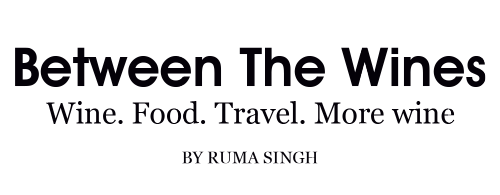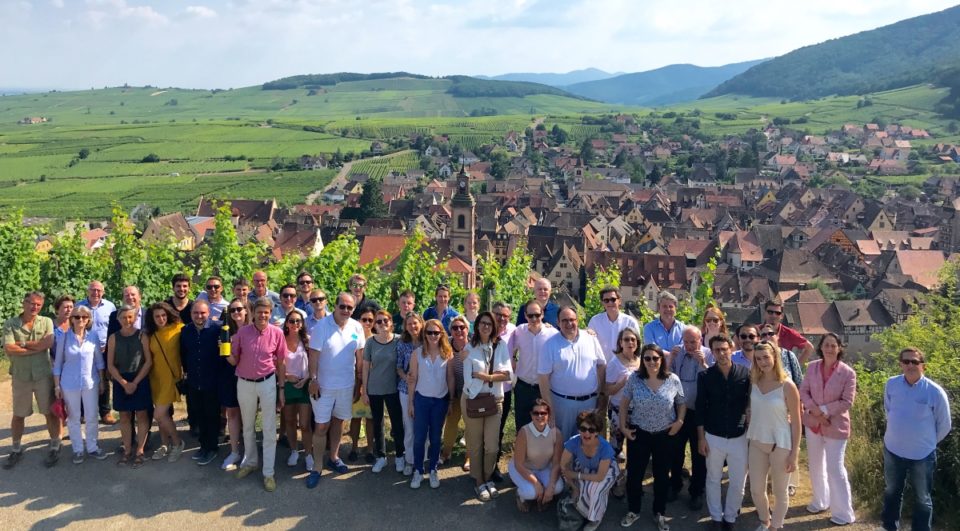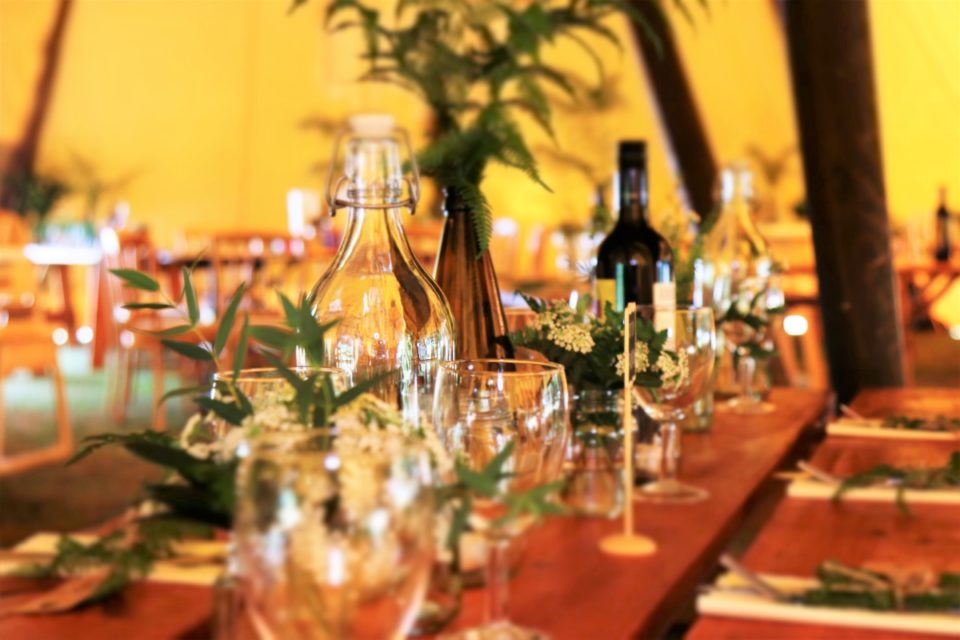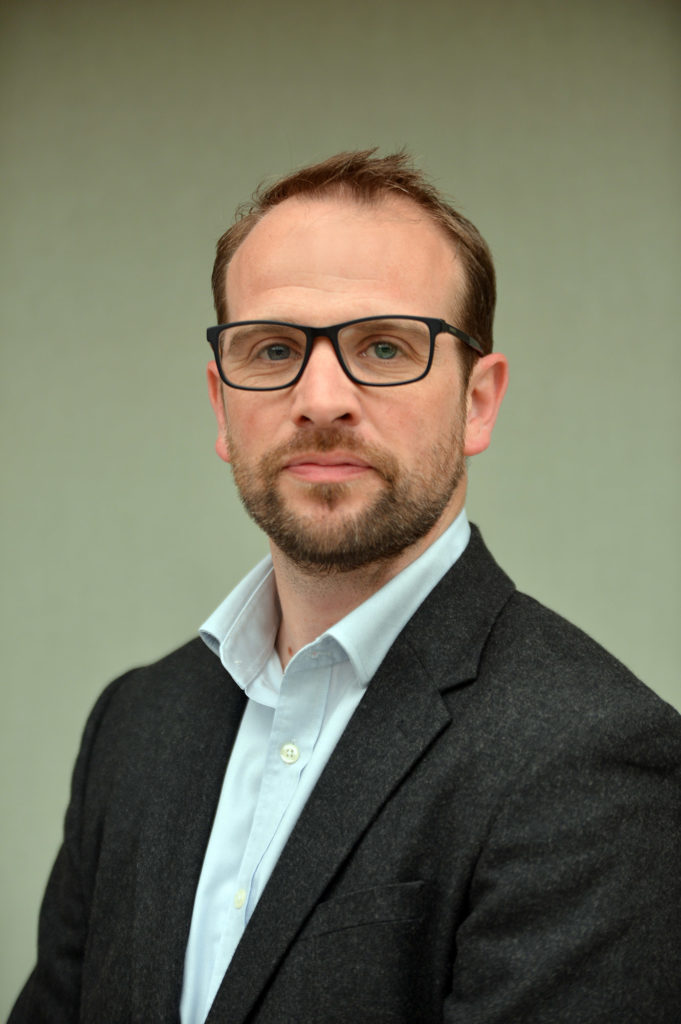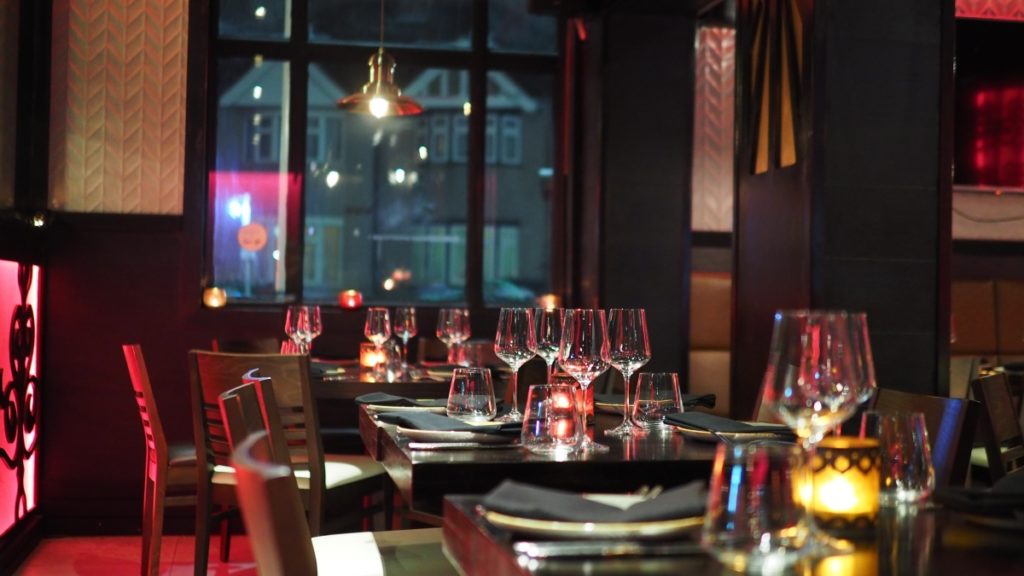
In today’s brave new world, it is said the family as a unit of society is facing erosion, rapidly, and in so many ways. In the wine world, as multi-national conglomerates take over family-run wineries, the writing is on the wall.
Yet this universe has been one where traditionally the family unit has ruled supreme, where generations continue to follow in their ancestors’ footsteps. Today, generations-old producers like Cordoniu or Mondavi have sold their holdings to conglomerates.
One last bastion stands tall.
The wine world’s most blue-blooded family unit, the 25-year old Primum Familiae Vini (Latin for “First Families of Wine”) is making a stand to hold on to values long held dear, to find strength and support among their peers. As fifth generation scion of Champagne Pol Roger, Hubert de Billy takes over as President, PFV for his third tenure, he underlines the necessity of holding on strongly to family values.
The PFV consists of the first families of wine, currently 11 iconic names. Take a look at the list of their members:
Marchesi Antinori, Italy
Château Mouton Rothschild, France
Maison Joseph Drouhin, France
Egon Müller Scharzhof, Germany
Hugel & Fils, France
Pol Roger, France
Famille Perrin (Château de Beaucastel) France
Symington Family, Portugal
Tenuta San Guido (Sassicaia) Italy
Bodegas Torres, Spain
Vega Sicilia, Spain
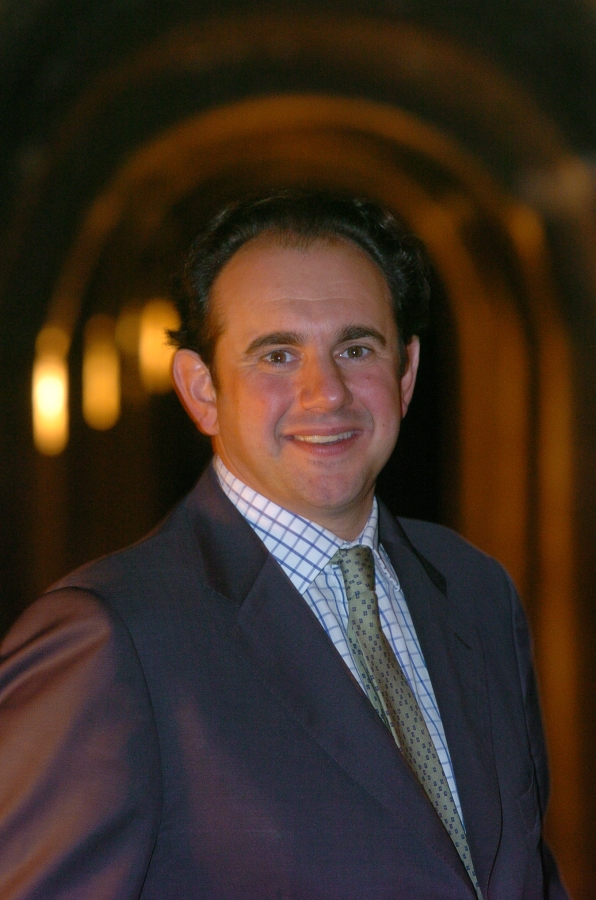
Hubert de Billy of Champagne Pol Roger is the current president of the PFV, the first families of wine. (Above, main picture) the families of the PFV gather annually, here seen together at the last meeting in Alsace, France
Soon after he took over as president from Jean-Frederic Hugel of Hugel & Fils of Alsace, France, de Billy made a statement in which he declared his pride at what members of PFV, since its inception 40 years ago, has achieved, “together showing the world that wine is not just a product or even a business,” This, he says, is purely via the singular dimension of family values.
Excerpt from my interview:
Congratulations on your third term as President of the Primum Familiae Vini. For readers who may not be familiar, do explain the philosophy behind this prestigious family-based wine association.
Primum Familiae Vini was founded by Miguel A.Torres and Robert Drouhin to promote family companies and philosophy and friendship in the wine business; in the long run, a commitment to quality and respect for human beings. Everyone must respect one another to make a better life as well as a better economy and environment. For that, our companies have to play their roles as citizens. Each family (in PFV) shares with the other member families some technical, economic, commercial experience and knowledge.
‘In unity there is strength’ is an adage. But each of the families in the PFV is an iconic and well-respected name in the world of wine. So how does the group specifically help the other members?
“In unity, there is strength” is not just an adage but a reality at PFV. The new generations who want or need to can work with and learn from the other members (Pol Roger has already welcomed some young members from the Hugel and Torres families; Maximilien – my son – has worked with the Hugel, Symington, Perrin and in a month with the Rothschild families. Some family members of the Hugel family have been working with the Symington family, too). We help each other by organizing not only PR activities together but also by sharing our distribution networks if it suits the others’ commercial policy (in France, Baron Philippe de Rothschild distributes Pol Roger, Familia Torres, Symington Family Estate. In Japan, Famille Perrin, Famille Hugel and Pol Roger all share the same distributor, Jeroboam. In the UK, Pol Roger distributes Joseph Drouhin, and Fells (Symington UK) distributes Familia Torres and Famille Hugel as well)
Please explain the importance of family-run wine companies today, considering today big conglomerates have taken over so many of them, especially in the case of Codorniu recently, and one of your erstwhile members, Robert Mondavi, earlier.
A family-run wine company is an ideal citizen in every way. Because the families have roots in their appellations both in terms of people and agriculture, everything must be based on a long-term policy knowing that we are working for our future generations…
PFV is present at many of the big trade fairs including Vinexpo and Prowein. How does being represented under the PFV umbrella help in this case, as opposed to individual representation?
The PFV umbrella helps us in that we are stronger together; it is easier to be seen, the visitors save some time (visiting just one stall) and it is also more friendly. It also helps us to show how our products – our wines – complement one another, rather than compete with each other.
Most of your members are European. Would you say that this because the tradition of family-owned companies is strongest in Europe?
Yes, it is true that the way of thinking in Europe and our appellation systems make the tradition of family wine producers very natural. Even if some families go to other regions they have to respect local rules and to be accepted by the locals. It is also easier for everyone in terms of communication.
You have spoken of ‘new challenges’. What do you consider the new challenges facing PFV today?
The new challenges are in term of family ownership, in long-term ecological scenarios and strategies (not based on greenwashing as we see at present times, but based on sustainability for our viticulture, economy, and quality). We believe that PFV reflects the distinctive voice and deep artisan roots of the leading families of wine, with their long history of social solidarity based on mutual support and collaboration.
Family is sustainability.
Wines produced by the PFV family are available in limited numbers in India and are among the best wine brands in India. These are wines by Bodegas Torres, Famille Perrin (Chateau de Beaucastel), Maison Joseph Drouhin, Marchesi Antinori, Tenuta San Guido (Sassicaia), Hugel & Fils, Château Mouton-Rothschild, Champagne Pol Roger.
Check with your local wine retailer for availability and prices.
